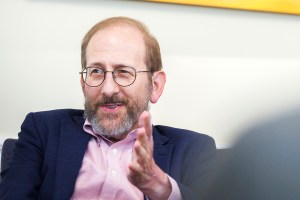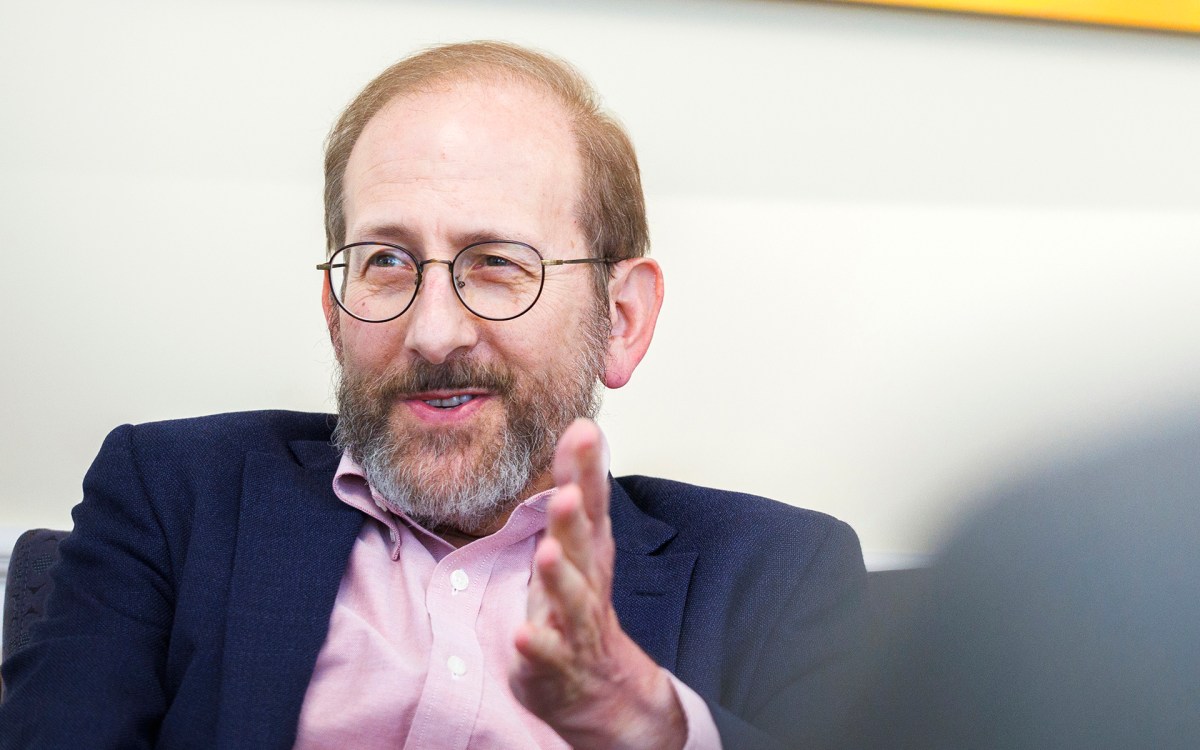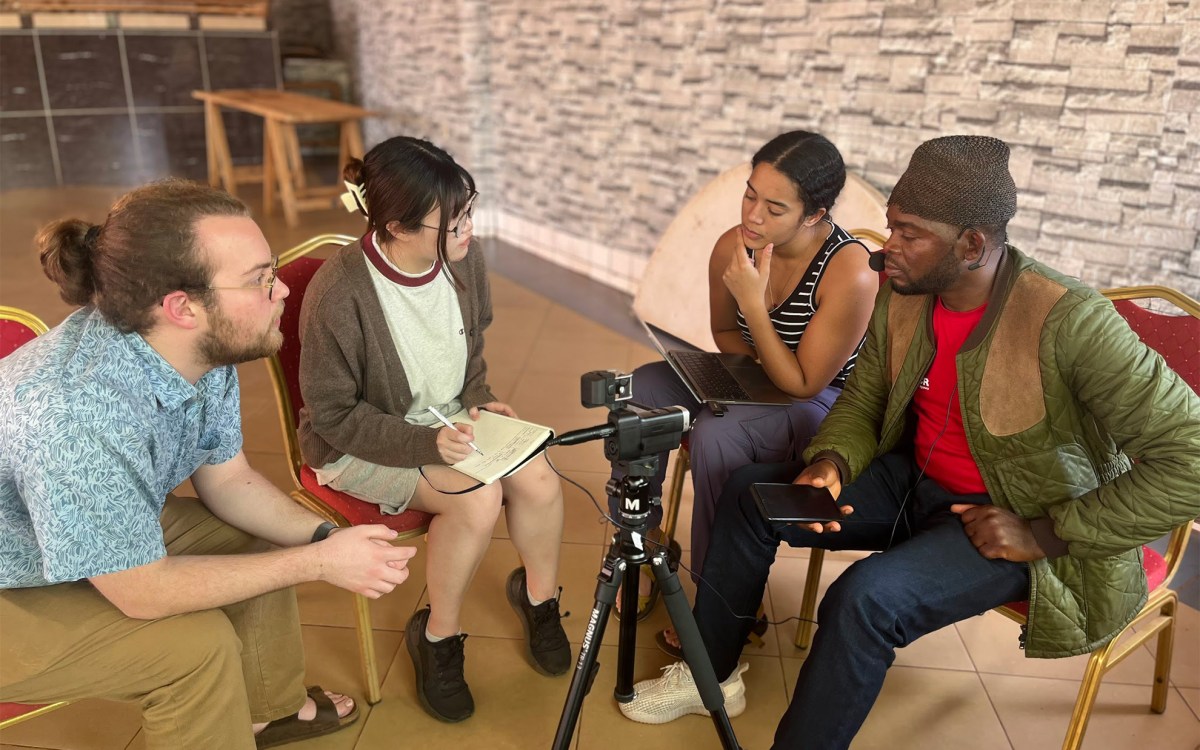C. Conrad Wright, renowned scholar of American Unitarianism, dies
C. Conrad Wright, Professor of American Church History Emeritus at Harvard Divinity School (HDS), died peacefully at home in his sleep on Feb. 17, 2011, at the age of 94.
Wright was a prominent scholar of American Unitarianism, and he had a significant relationship with and effect on HDS during his 33-year career.
Born on Feb. 9, 1917, in Cambridge, Mass., Wright was the son of C.H.C. Wright, a professor of French at Harvard, and his wife, Elizabeth Woodman Wright. He attended Browne and Nichols School, graduated from Harvard College in 1937, and went on to earn an M.A. in 1942 and a Ph.D. in 1946 from Harvard. He was awarded an L.H.D. from the Meadville Theological School in 1968 and from the Starr King School for the Ministry in 2004.
Wright was a member, regular attendee, occasional preacher, and clerk at First Parish in Cambridge (Unitarian Universalist), the congregation in which he had grown up. He later served as treasurer at the stately church, which dates back to the founding days of Harvard. Active in denominational affairs as well, he was a frequent consultant on matters of history and polity. In addition, Wright was president of the Unitarian Historical Society from 1962 until its 1968 merger with the Universalist Historical Society, and he was the longtime editor of its journal, the Proceedings of the Unitarian Universalist Historical Society.
Wright was John Bartlett Lecturer on New England Church History in addition to being Professor of Church History. He researched and wrote extensively on the history of Harvard and the Divinity School. He believed that the diversity and pluralism that the Divinity School enjoys today is in line with the openness of the School’s founders.
“He was as committed to Unitarian Universalism as he was to the School and University,” said David D. Hall, Bartlett Research Professor of New England Church History at HDS. “Generous and exacting at one and the same time, Conrad set the standard for writing about his tradition and its place in the broader religious and cultural history of our country. And when his career was feted in the early 1990s, former students fondly recalled his presence at their ordinations.”




